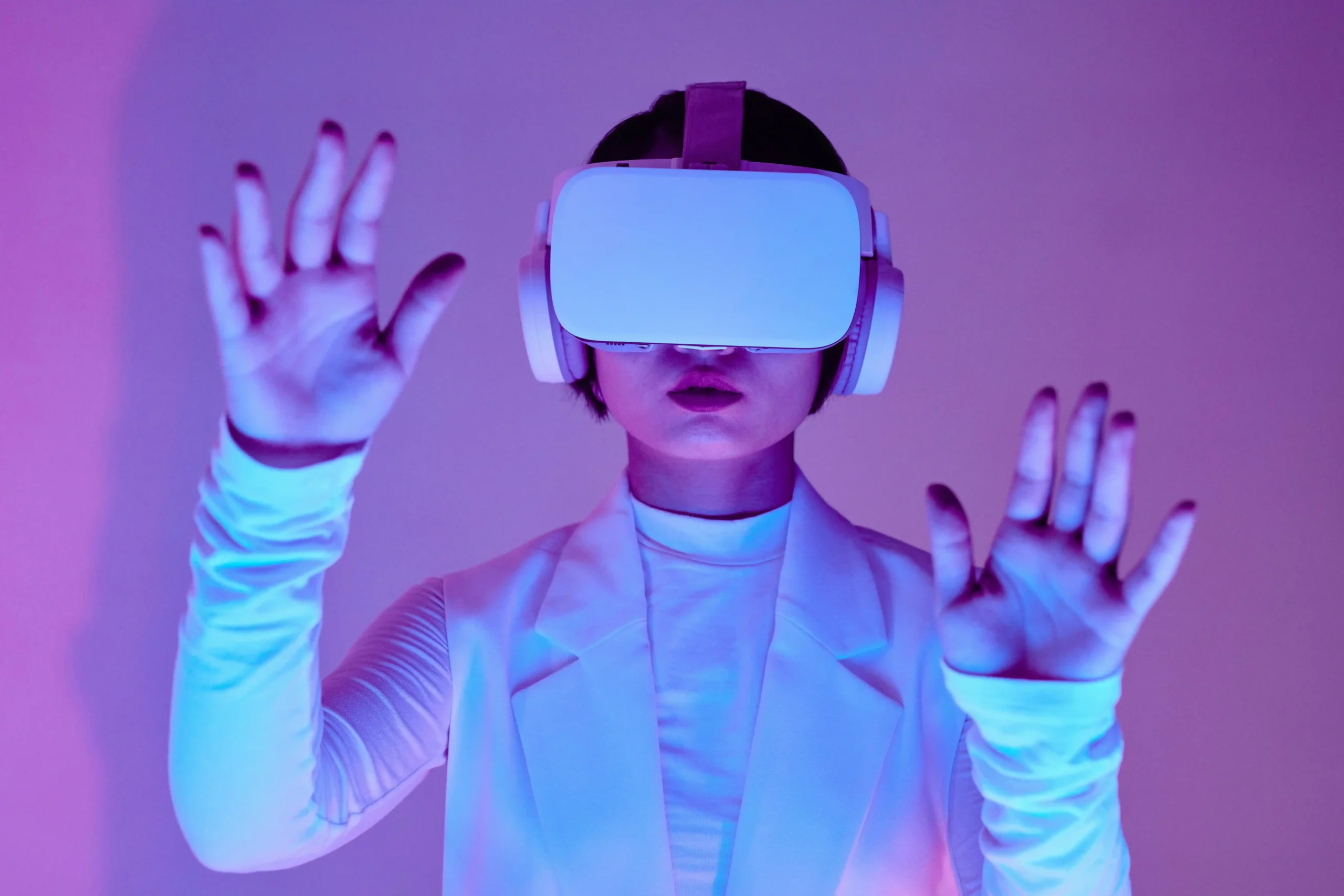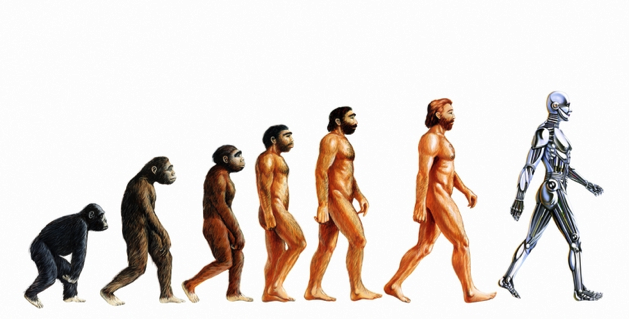
Is Technology a superhuman intelligence or a sci-fi nightmare? Will AI become your boss or solve problems? Lets discover future of humanity!
Who could have imagined in the early 1900s that cars would replace horse-drawn carts so swiftly? The rapid advancement of technology has continually reshaped human society, eclipsing traditional industries and ways of life.
Today, we witness a similar technological advancement promising to revolutionize human existence. From enhancing human lifespan and life expectancy to revolutionizing businesses, education, and even human identity, the pace of technological advancement suggests a future that may soon become unrecognizable. Let us dive into different fields of life to analyze what future we will witness.
Historical Context and Technological Evolution for the future
Consider the moment in history when humans first discovered shoes. This simple invention encouraged humans to travel farther and explore more, setting the stage for countless other advancements extending human capabilities.
The rapid pace of technological evolution allows us to predict the potential future of human-habited planets. Over time, the world as we know it will become indistinguishable. Similarly, integrating AI technology into our daily lives is so profound that it could eventually eliminate the need for traditional professions.
This is evident from the fact that from discovering essential survival tools to creating robots that perform physical tasks on behalf of human beings, our journey towards greater ease and efficiency has continued to progress.
As we proceed from these early inventions, the advancement in medicine through AI has revolutionized human evolution. Indeed, each new invention improves our quality of life.
Future of Medical Advancements and Human Enhancement
Advancements in medical treatments have increased dramatically, improving humanity’s ability to combat disease and extending life expectancy. Today’s people spend their lives thousands of times better than the kings who lived hundreds of years ago. Back in history, medical treatments were deadlier. Surgeries were performed without anaesthesia, resulting in excruciating pain and high mortality rates.
Today’s Sophisticated medical technologies have made procedures safer and more effective. These advancements made possible through AI compel us to consider broader implications for our sense of identity and what it means to be human.
The Question of Human Identity

Humanity has significantly increased comfort in all aspects of life, and the journey is going in an exciting direction. What will it mean to be a human in the era of AI? A continuous improvement rather than deterioration?
Imagine becoming entirely mechanical and escaping every disease that causes death. But wait! Would we then be the humans anymore? Or would we transform into immortal machines designed by AI? This is a challenge to our traditional understanding of identity that pushes us to reconsider the roles of the mind and body.
Let us take the example of Stephen Hawking which illustrates this point well. Despite his physical limitations, he made groundbreaking contributions to science. So, can we consider Stephen Hawking less or more human than those with fully mobile bodies?
This question forces us to assume the role of the mind and intellect in our identity. As we grapple with these questions of identity, we must also consider how these advancements will shape humanity’s thinking patterns in the future.
Here emerges another exciting question: what is the brain?
 What is the brain? Would it remain the same if it was connected to a machine body?
What is the brain? Would it remain the same if it was connected to a machine body?
For instance, the brain is an information retrieval system containing one’s personality, education, and thinking patterns, which is a particular arrangement of organic neuron circuits.
This information retrieval will generate the same personality if all these arrangements are put into an electronic circuit machine. In short, it is all about information retention.
For this, we can take the example of “Neuralink”, which works to implant chips in the human mind to improve brain efficiency. Unfortunately, such discoveries are suspected to be evil ideas that damage humanity in one way or another.
But stop and think for a while; if a brain chip implant is equivalent to some sin or crime, then how is it different from the lens inserted in your eye, getting an organ replaced, or your heart being run with the help of a pacemaker?
Who knows, in the future, nobody will be able to find a donor for an organ transplant and human internal organs might be prepared artificially to make the body work more efficiently. We are entering an era in which we have taken evolution into our own hands!
The Future of Human Evolution

The potential to merge with machines and enhance our biological functions could lead to a future where humans fundamentally differ from what we are today. This transformation offers exciting possibilities, such as eradicating diseases and enhancing physical and mental abilities.
However, it also raises ethical questions about AI that we must carefully consider. It is crucial to weigh the benefits and risks of our choices, ensuring that we use technology to improve our lives without losing sight of what makes us human.
Conclusion
Technological advancement offers a future filled with possibilities. By learning from the past and considering the ethical implications of our discoveries, we can shape a meaningful life in future. As we integrate machines into our lives (mind and body), we should consider the question: What does it mean to be a human in the age of technology?
The answer to this question will define the next chapter of our evolution. Don’t just witness the future — shape it. Stay connected and be informed of innovation and change!
We want to hear from you! What are your thoughts on the thechnological development? Share your experiences and opinions in the comments below. Remember to share this post with your friends and colleagues if you enjoyed it. For more updates, subscribe our website and sign up our Thepenlink newsletter. Also check out related articles.
AI will not take over human beings in the near future. Existing AI does not have consciousness, autonomy, and intent. The danger, although possible in potential, will only emerge as AI advances if not guided and controlled.
Yes, AI holds great potential to improve life across all fields.
Leave a Reply